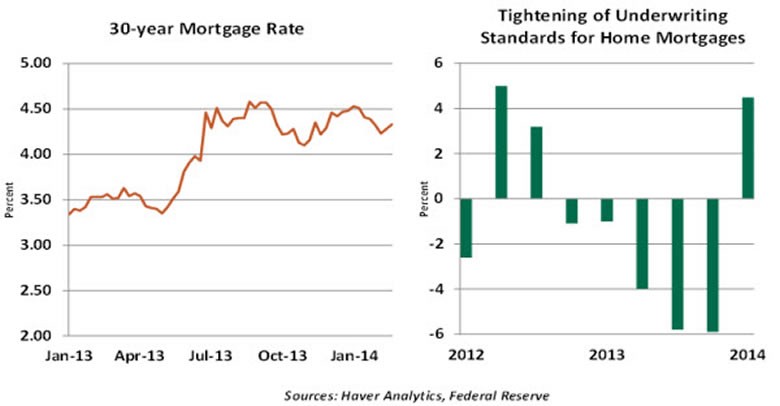4 Risky Types Of Municipal Bonds
Post on: 1 Апрель, 2015 No Comment

Highlights
- Payments may still be made on municipal bonds issued by bankrupt cities.
- Municipal governments are battling a reality of lower tax revenues and rising costs.
- Chasing higher yields, investors are pouring money into junk munis.
As the economy wobbles and more states and cities feel the sting of cash crunches, experts increasingly advise investors to stick to simple, high-grade municipal bonds.
They have good reason for giving this advice. This year, the number of cities seeking bankruptcy protection has grabbed plenty of headlines as large cities in California, including Stockton and San Bernardino, have filed Chapter 9 bankruptcy petitions.
A municipal bond is a debt security issued by a state, municipality or county to finance its capital expenditures, and despite the bankruptcies, investors are still putting their money in muni bonds, seeking to eke out a bit more yield in today’s low-interest environment.
There are more types of municipal bonds to avoid than ever before, says Marilyn Cohen, founder of Envision Capital Management Inc. a fixed-income money manager in Los Angeles. So, differentiating between munis is critical. You can’t paint the whole niche with a spray can, Cohen says.
More On Investing:
investing
Bonds that carry some risk
Here are four types of municipal bonds to flag when doing your research.
Junk muni bonds carry increased risks. They usually have low ratings — typically lower than BBB — or no ratings at all. And, history shows that munis with low ratings are more likely to default, says Jeff Westergaard, director of municipal analytics at Morningstar.
On the positive side, they are usually tax-free and offer higher yields than Treasuries. Investors must weigh these attractive features against the poor ratings of junk municipal bonds before investing.
Private activity municipal bonds are not as safe. These munis are used to finance private company projects such as hospitals or colleges. Cash flow from such projects pays muni bondholders, but these bonds are not guaranteed by the municipality. Also, private activity cash flow is more unpredictable than for other municipal bonds, says Donald Cummings, a managing partner at Blue Haven Capital LLC in Geneva, Ill.
Also, Westergaard says unlike other municipal bonds that are tax-exempt, private activity muni bond payments may be taxable, which can defeat the purpose of buying a muni bond. Tax-exemption status for these munis is decided by each municipality, he says.
Bonds with long-term maturities might not bring the best yield. Buy intermediate-term municipal bonds with seven- to 10-year maturities, Cohen says. There’s not much difference in yield.
But, prices on longer-term muni bonds of 15 to 30 years can get hammered harder when interest rates rise because bonds and interest rates move in opposite directions.
Complex municipal bonds can be less transparent. With more than 45,000 muni bond issuers, the market is incredibly varied, Morningstar’s Westergaard says. However, some munis, though higher-yielding, can be hard to dissect because they have more complex structures where revenue streams are unpredictable or hard to decipher.
For example, stay away from special assessment bonds, Blue Haven Capital’s Cummings says. These bonds are used to back special development projects that translate into higher taxes levied on the community.
Cummings recommends ditching another type of complex muni — certificates of participation, or COPs. These are municipal bonds tied to more obscure income streams such as lease revenue, which isn’t legally considered debt.
COPs can be called before redemption by issuers, which means you may not get your full interest payments, Cummings says. As municipalities are increasingly pinched, more may be calling these bonds.
Muni bond structure and credit quality matter most when hunting for municipal bonds, Cummings says. You must do your research.
Stick with high-rated bonds
Indeed, there are other ways to protect yourself. Experts are advising investors to stick with investment-grade municipal bonds rated A- or better. They’re less likely to default.
For example, some bonds for public transportation, such as San Francisco rapid transit, are for essential services, Envision Capital’s Cohen says. But other municipal bonds issued to finance parking lots and civic centers are not.
Essential service revenue bonds are pretty safe, says Morningstar’s Westergaard. They’re municipal bonds that are typically tied to specific services such as sewers or water.
And many general obligation bonds, such as those issued by school districts, are generally considered safe, because they’re tied to the taxing power and credit of the issuer. The reason is that these munis are backed by property tax revenues, Westergaard says.
When vetting city, county and school district municipal bonds, look for balanced budgets, where revenues equal or exceed expenses in those jurisdictions, Cohen says. It’s a research-intensive job, but there’s more transparency than ever.
Buying exchange-traded funds, or ETFs, or mutual funds that hold municipal bonds also offer a lot of value for the money, she says. Just stay in the investment-grade area.














